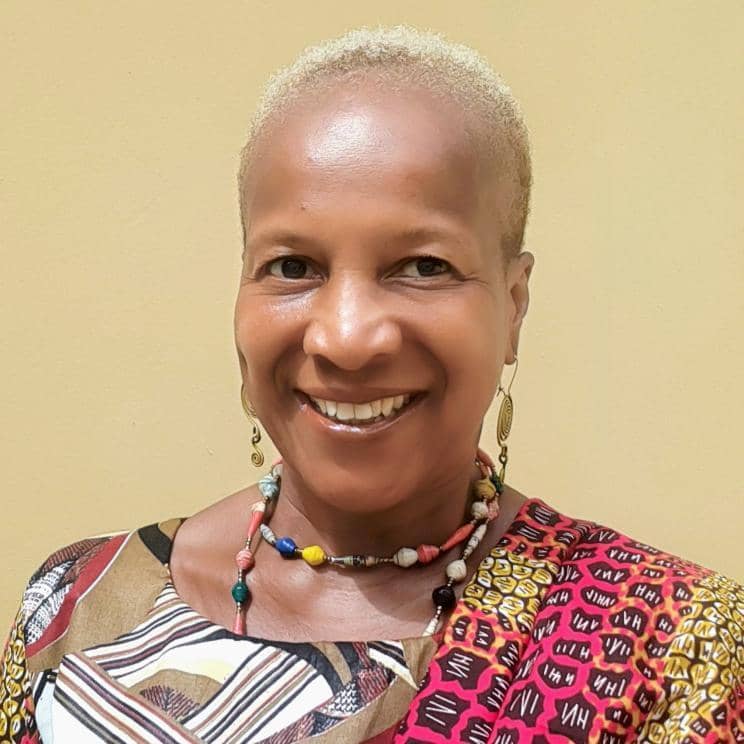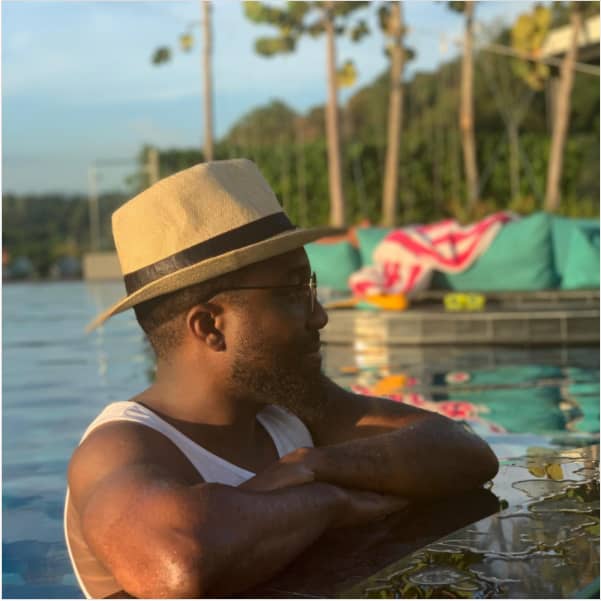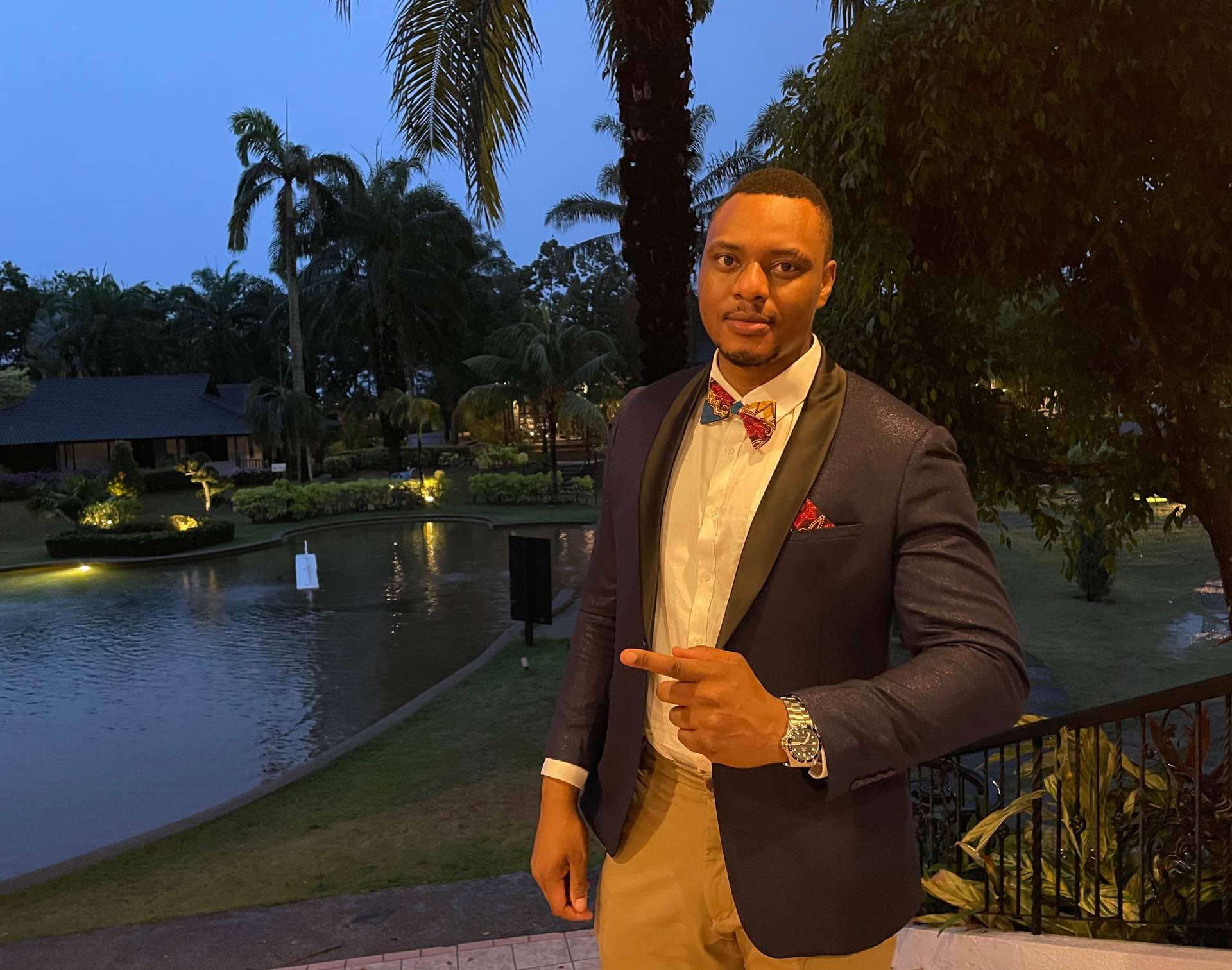Pyongyang. Really.
The most common question I get asked here in Malaysia is “Where are you from?” It’s a question that I’m not particularly fond of; something I’ve been meaning to write about for a while now. I could never really articulate my disdain for the question properly, that is until a few nights ago when I read Djenab Conde’s post on the topic.
Djenab’s post is appropriately titled, “So, Where Are You From?” — and immediately, from the title, you know that this question was asked after something else; another question, maybe; a name, or maybe just a salutation. In my case, the question is always “Where are you from”, point blank. No preceding questions, sometimes not even salutations.
Djenab is a mixed-raced kid and also a third culture kid, which, I gathered from her post, is why people are often curious: What is this strange exotic woman, and which box does she fit in? She dreads the “Where are you from?” question because the answer is seldom straightforward.
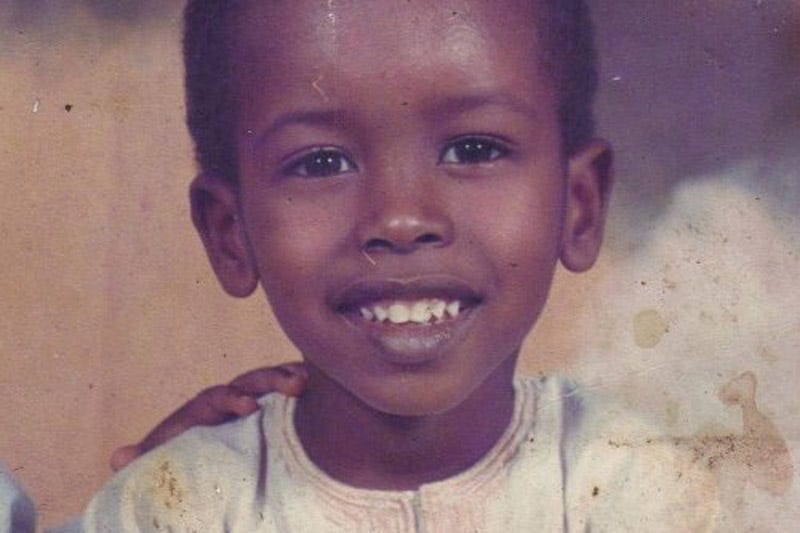
I was born and raised in a little town about a hundred miles from where both my parents were born and raised. I’m neither mixed nor third-culture, therefore my answer to the question “Where are you from?” couldn’t be more straightforward.
So why do I have a strong disdain for a question I could easily respond to with a single word?
The answer — my reason — was perfectly articulated in a small independent film from 2008 called Medicine for Melancholy. In it, a young black couple, Micah and Jo, wake together one morning after a night of partying to the realization that they know absolutely nothing about each other; not even first names. Micah urges Jo to spend the day with him (partly because he fancies her, but mostly because of another reason that’ll become clear as the film progresses), and she reluctantly agrees.
In one of my favourite scenes, Micah asks Jo to describe herself in one word, and when she wouldn’t because “that makes no sense, people aren’t that simple…”, Micah took it upon himself to prove her wrong.
MICAH: Easy. Me, I’m a black man. That’s how I see the world, that’s how the world sees me. But if I had to choose one, I’m black before I’m a man, so therefore: I. Am. Black.
JO: That’s your problem. You feel you have to define everybody. You limit them to the point where they’re just a definition, and not people.
MICAH: How’d you figure?
JO: You just said it. You went from “I am Micah” to “I am black”.
MICAH: I’m not?
JO: Yes, but you’re everything else too.
I love that scene because it’s the perfect example of everything that’s wrong with one-word answers.
A few weekends ago, a friend showed me a short film she made and asked for feedback. Among other things, I mentioned how I felt that all the F-bombs in the film fell flat. The delivery was lousy. I couldn’t buy that the character (read: actress) would actually talk like that.
“Well, it’s because you’re Muslim,” my friend said dismissively.
My friend and I, we could’ve had a constructive discussion about the nature of “fuck” in cinema — why I don’t use it in my scripts and why I think most non-professional actors, especially here in South-East Asia, can’t deliver it convincingly. But we never did because in her eyes, at least at that point, I was not a person; I was just Muslim.
. . . . . .
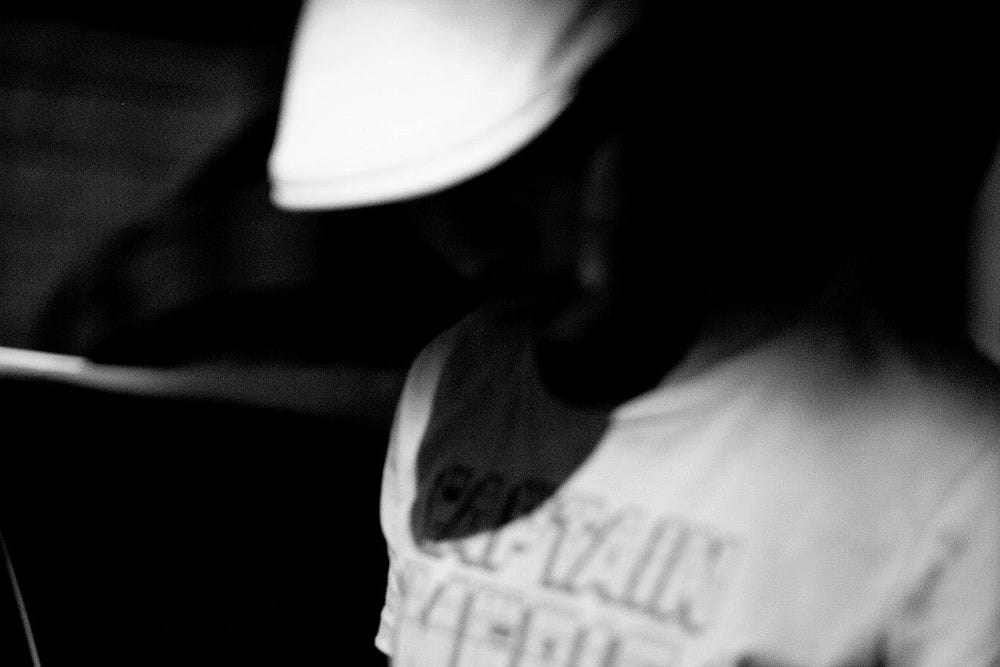
More often than not, “Where are you from” is less about curiosity and more about prompting for a label.
Understanding through labelling is easy,
precisely because you’re outsourcing your thinking — the only prerequisite for actual learning — to someone whose thought-process you have no insight into.
The problem with where-are-you-from-as-prompt-for-label as opposed to other prompts like “What do you do?” and “Do you live around here?”, is that while you have a choice over where you live and what you do for a living, at least on some level, your place of birth is completely outside of your control.

I was born in Bauchi, a small town in the north-eastern part of Nigeria. It’s a great little place — peaceful, at least at the time — and the people are nice. As far as I remember, I had a wonderful childhood.
“No way you’re from Nigeria! You’re too skinny and quiet; Nigerians are loud!”
Someone actually said that to me!
What most people don’t realize about Nigeria is how truly big the country is; how many of us there really are (most populous black nation, hello!); our multiculturalism, and how vastly different all the tribes are.
“… the only authentic identity for the African is the tribe… I am Nigerian because a white man created Nigeria and gave me that identity. I am black because the white man constructed black to be as different as possible from his white. But I was Igbo before the white man came.”
― Chimamanda Ngozi Adichie, Half of a Yellow Sun
You can give the tribes an identity, but you can’t take the tribe out of the identity.
Even though the northern and southern protectorates have been one since 1914, which, in case you’re wondering, was close to a hundred years ago, the north is still predominantly Hausa; the south-east, Igbo; and the south-west Yoruba. A Hausa man would stick out in the Southeast as much as an Igbo man would in the Northeast.
I’ve travelled in Europe, Asia, and a little bit of the Middle East, but I’ve never been to any cities in the southern part of Nigeria. (Well, except Lagos, but Lagos doesn’t really count). Even in the North, where I was born and raised, I’ve been to less than 20% of the Northern states. I haven’t yet seen the statistics on the level of cultural integration in Nigeria, but I don’t think I’m very far off from the median.
So, if you prompt me for a label with “Where are you from?”, and I tell you “Nigeria” — what exactly does that tell you about ME?
Well…
June of last year, 2012, I found myself at the Thai embassy here in Kuala Lumpur applying for a visa. While I was registering to get in, the guard at the entrance took one look at my passport and said,
“Oh, Nigeria. I don’t think you’ll get the visa, but you can still try your luck”
This was a guard manning the main gate, not the consular.
I did get the visa, eventually, and I travelled to Thailand in July, but my point is, the guard made a judgement about me solely based on the cover of my passport. Not the contents, mind you, just the cover.
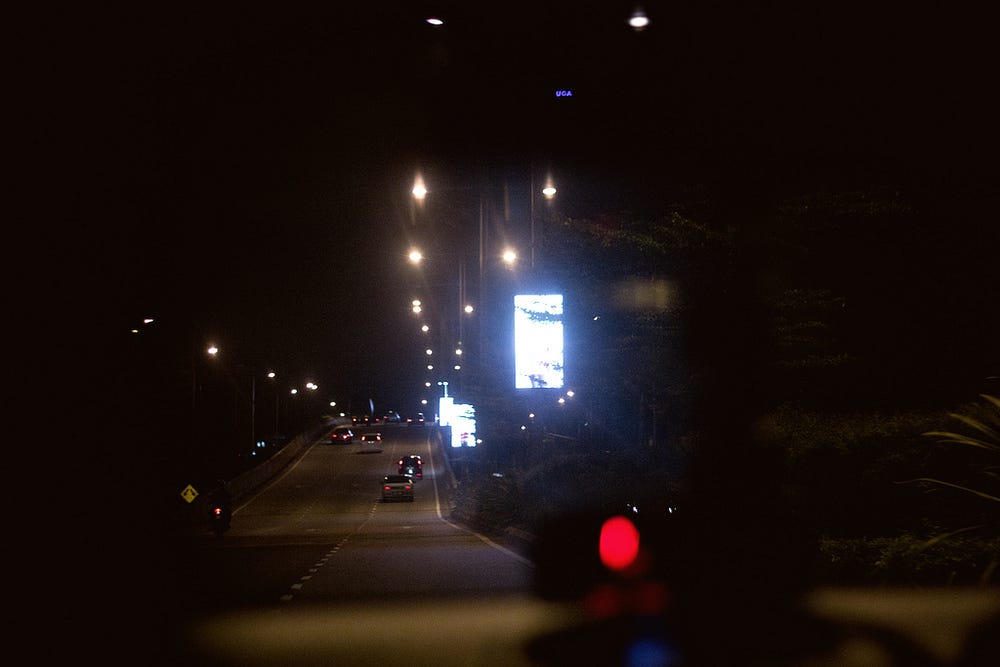
I’ll get into a cab and the driver will ask me where I’m from. I’ll tell him “Nigeria”, and that’s his cue to tell me a story he heard from a friend of a friend about the Nigerian who ripped-off someone. I’ll go to the barbershop, and somewhere between my haircut and beard trim, I’ll hear how someone read in the paper a story about the Nigerian who may have raped someone somewhere. I’ll meet a lady at a party and… you’re good with patterns.
After a while, I got really frustrated. Tired. Constantly being bombarded by negative shit about “your people” is fucking exhausting. I decided that unless you’re someone I worked with, or someone who I would otherwise see on a daily basis, if you asked me the question “Where are you from?”, the answer you’ll most likely get is “Pyongyang.”
Yes. Pyongyang, North Korea.
“No really, where are you from?”
And I’ll repeat, very clearly, “Pyongyang. Really”.
Obviously, the answer isn’t meant to be deceptive. I wasn’t making any attempt at being even the least bit convincing. The point was to be dismissive, and for the most part, it worked.

My roommate Rita is from the Murmansk region of Russia, but when strangers here ask her, she usually says that she’s from Helsinki. Helsinki because it’s right across the border from her hometown. Helsinki because, apparently, people here think Russian women will have sex with them for money. Helsinki because most people have no clue where the hell it is, and if they do, they don’t know any Finnish stereotypes.

I finally stopped saying that I was from Pyongyang when one night, a cop stopped my friend Gaj (who’s also Nigerian) and I at a random roadblock and insisted that Gaj was breaking the law by driving with an International Driver’s license (as opposed to a Malaysian one) while also implying — albeit not so subtly — that we could quickly bribe him to get it over with.
“Usually, a lot of Nigerians just settle with me right here,” he said.
But Gaj wouldn’t oblige. He insisted that it’s called an international driver’s license for precisely that reason — to drive in other countries — which for some reason made the cop furious:
“How dare you come to my country and tell me how the law works?!”
When after close to three hours — not kidding — the cop still wouldn’t see reason, Gaj and I asked him to just write us the damn ticket.
We decided that he’s not getting a single cent. No, he’s not. Not from these Nigerians.
That night, something changed in me.
The cop ended up writing Gaj a ticket, which we took to court the next day and had nullified.

“Bauchi”, “Nigeria”, “Africa”, and “Pyongyang” are still just words to me, yet these days, when someone asks where I’m from, I choose to say “Nigeria” over “Pyongyang” because on the off-chance I don’t fit into his/her Nigeria-box, he/she will be tempted to create a new, additional box for Nigeria.
Because Lord knows, Nigeria needs more boxes.
This post originally appeared on Medium.com on 1 November 2013. All photos courtesy of Al Ibrahim.
Ibrahim Ali is a Writer. Photographer. Filmmaker. Tinker of culture. Tailor of words. Soldier of cinema. A spy who knows where his towel is.
The Other Expats community welcomes voices from many spheres. We publish pieces written by contributors with a wide range of opinions, which don’t necessarily reflect our own.

